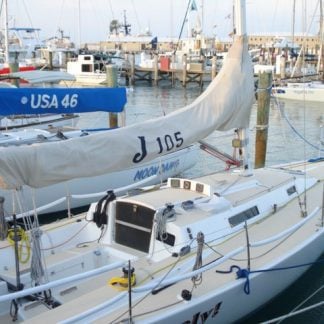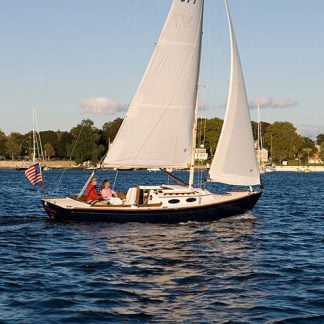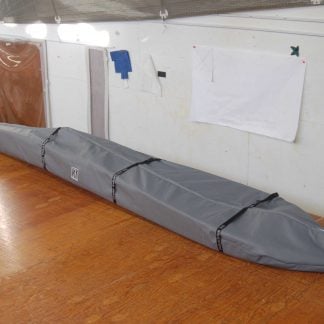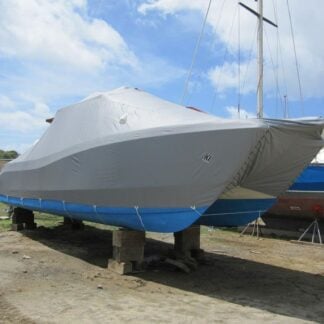MAR 17, 2025
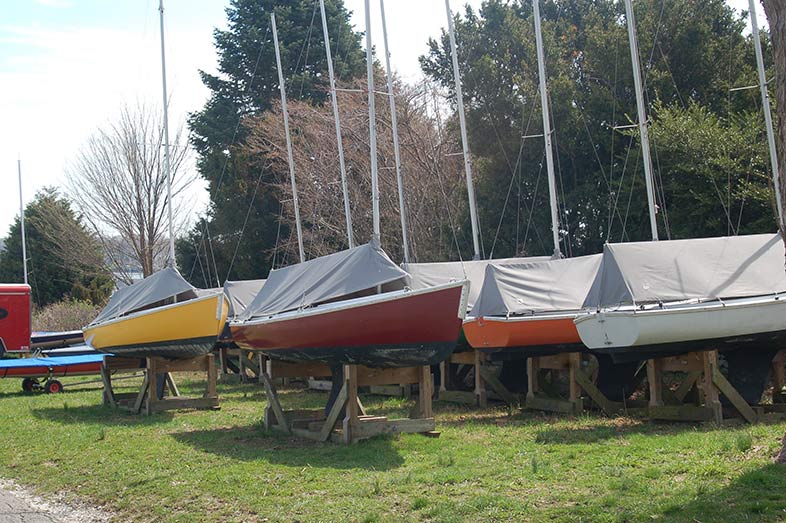
As boat owners, enthusiasts, and industry professionals, we all recognize the importance of preserving our natural waterways. In recent years, the demand for more sustainable boating materials has grown, particularly when it comes to marine fabrics and canvas. While these fabrics are essential for creating protective coverings for boats, they have historically been made from less-than-ideal materials for the environment. This article will delve into the environmental impact of traditional marine canvas and explore eco-friendly options available today.
The Environmental Concerns of Traditional Marine Canvas
Marine canvas fabrics are typically made from synthetic materials like polyester, acrylic, and vinyl. While these materials offer durability and water resistance, they are not biodegradable and can take hundreds of years to decompose in landfills. Additionally, the production process for these fabrics often involves the use of harmful chemicals and large amounts of water, which can negatively affect local ecosystems.
Furthermore, the use of certain chemicals in manufacturing processes, such as PFAS (per- and polyfluoroalkyl substances), which provide water and stain resistance, has raised concerns about their potential environmental and health impacts. These chemicals can leach into the environment and water sources, contributing to pollution.
Eco-Friendly Alternatives for Marine Canvas
The good news is that there are now more sustainable and eco-friendly options available for marine canvas. Many manufacturers are focusing on using recycled materials and more environmentally responsible production methods.
- Recycled Polyester: Recycled polyester (often made from post-consumer plastic bottles) is a popular alternative to traditional polyester. By reusing plastic waste, it helps reduce the environmental footprint of fabric production and diverts waste from landfills. Recycled polyester fabrics can offer the same durability and water resistance as their non-recycled counterparts.
- Bio-based Fabrics: Some marine canvas manufacturers are turning to bio-based materials, which are derived from renewable resources like plant fibers or algae. These fabrics are biodegradable and have a much smaller environmental impact than synthetic materials. Examples include bio-based polyurethane, which is used in some marine upholstery.
- PFAS-Free Fabrics: As awareness about the harmful effects of PFAS chemicals grows, many manufacturers are beginning to produce marine canvas that is free from these substances. These fabrics are a healthier choice for both the environment and boat owners.
- Natural Fibers: While less common in the marine industry, natural fibers such as cotton, hemp, and jute are biodegradable and eco-friendly options for boat covers and sails. These materials are renewable and have a much lower environmental footprint during production and disposal.
Benefits of Choosing Eco-Friendly Marine Canvas
Opting for eco-friendly marine canvas has several advantages, not only for the environment but also for boat owners:
- Durability and Performance: Eco-friendly fabrics are often just as durable, water-resistant, and long-lasting as traditional materials, meaning they won’t compromise the performance of your boat’s coverings.
- Healthier Living: By choosing non-toxic, chemical-free fabrics, you reduce the risk of exposure to harmful substances, creating a safer environment for your family, pets, and the marine ecosystem.
- Positive Brand Image: As sustainability becomes more of a focus for consumers, boat owners who make eco-conscious decisions about their marine equipment can enhance their brand image, whether as individuals or businesses involved in the maritime industry.
- Supporting Sustainable Practices: Choosing eco-friendly materials encourages the industry to adopt more sustainable practices and supports businesses committed to reducing their environmental footprint.
Conclusion
The marine industry is beginning to recognize the need for more sustainable options when it comes to boat fabrics. By choosing eco-friendly marine canvas made from recycled materials, bio-based fibers, or PFAS-free fabrics, you can help reduce environmental impact while still enjoying the benefits of durable, high-performance boat coverings. With more eco-conscious options becoming available, there has never been a better time to make sustainable choices for your boat and the environment.

